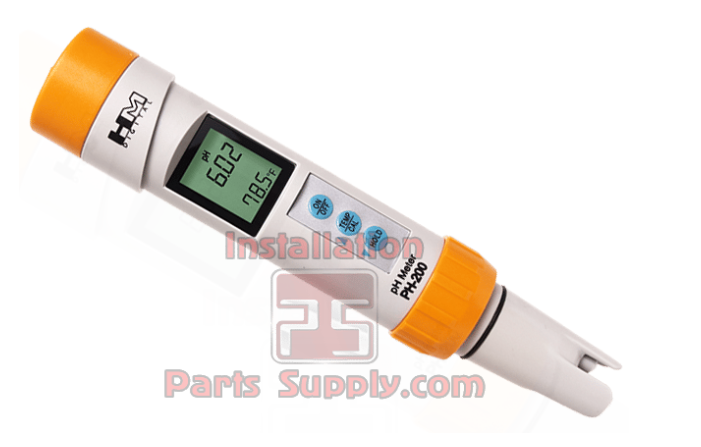Introduction
In an era dominated by digital innovation, the Internet of Things (IoT) emerges as a transformative force, interconnecting devices, and reshaping the way we live and work. This article explores the evolution, applications, challenges, and future trends of IoT, highlighting its impact on industries and everyday life.
Evolution of IoT
The concept of the Internet of Things traces its roots back to the early 2000s. However, it’s in recent years that the proliferation of connected devices, from smart refrigerators to industrial sensors, has truly brought the IoT to the forefront of technological progress.
Key Components of the IoT Ecosystem
At its core, the IoT relies on a robust ecosystem comprising devices and sensors, various connectivity technologies, and advanced data processing and analytics capabilities. These components work in tandem to collect, transmit, and analyze vast amounts of data.
Applications of IoT in Everyday Life
The IoT has seamlessly integrated into daily life. Smart homes, wearable devices that monitor health, and the rise of Industrial IoT (IIoT) in manufacturing processes are just a few examples of how IoT is making an impact on a personal and societal level.
Impact on Industries
IoT is revolutionizing various industries. In healthcare, it enables remote patient monitoring and facilitates timely interventions. Agriculture benefits from precision farming, optimizing crop yields. In manufacturing, the Industrial IoT enhances efficiency and predictive maintenance.
Challenges and Concerns in IoT
As IoT continues to expand, challenges emerge. Security and privacy concerns, the need for standardization, and the potential for data overload are issues that must be addressed to ensure the responsible development and deployment of IoT technologies.
Future Trends in IoT
Looking ahead, several trends will shape the future of IoT. Edge computing, 5G technology, and the integration of artificial intelligence into IoT systems will enhance performance, responsiveness, and overall capabilities.
IoT and Sustainability
Beyond technological advancements, IoT plays a vital role in sustainability efforts. Environmental monitoring and energy-efficient applications contribute to a more sustainable and eco-friendly future.
The Role of Governments in IoT
Governments worldwide are recognizing the significance of IoT and are actively working on regulations and policies to guide its development. Support for innovation and collaboration between public and private sectors is crucial for the responsible growth of IoT.
Consumer Adoption and Education
The widespread adoption of IoT relies on consumer awareness and understanding. Educating individuals about the benefits of IoT in their daily lives fosters acceptance and encourages responsible use of connected devices.
Security Measures in IoT
Ensuring the security of IoT devices is paramount. Encryption, authentication mechanisms, and adherence to cybersecurity best practices are essential to safeguard against potential threats and vulnerabilities.
Collaborations and Partnerships in the IoT Industry
IoT thrives on collaborations. Industry partnerships and cross-sector collaborations drive innovation, creating a more interconnected and efficient IoT ecosystem.
Social Implications of IoT
The integration of IoT into daily life brings about societal changes. From smart cities to connected transportation, the convenience and efficiency of IoT technologies reshape how we interact with our surroundings. Ethical considerations become crucial in navigating this transformative landscape.
Global Connectivity and IoT
The global nature of IoT necessitates international standards and cross-border collaborations. Establishing a common framework ensures interoperability and seamless integration of IoT technologies on a global scale.
Conclusion
In conclusion, the Internet of Things is not merely a technological trend but a paradigm shift in how we perceive and interact with the world. As IoT continues to evolve, the possibilities are limitless, promising a future where connectivity enhances efficiency, sustainability, and the overall quality of life.
FAQs (Frequently Asked Questions)
- What is the Internet of Things (IoT)?
- IoT refers to the interconnection of devices, allowing them to collect and share data for improved functionality and efficiency.
- How does IoT impact healthcare?
- IoT in healthcare enables remote monitoring of patients, facilitating timely interventions and personalized care.
- What are the security concerns in IoT?
- Security concerns in IoT include issues related to data privacy, potential cyber threats, and the need for standardized security measures.
- How can individuals benefit from IoT?
- Individuals benefit from IoT through enhanced convenience in daily life, personalized experiences, and improved efficiency in various tasks.
- Is IoT contributing to sustainability efforts?
- Yes, IoT plays a role in sustainability by enabling environmental monitoring and promoting energy-efficient practices.


